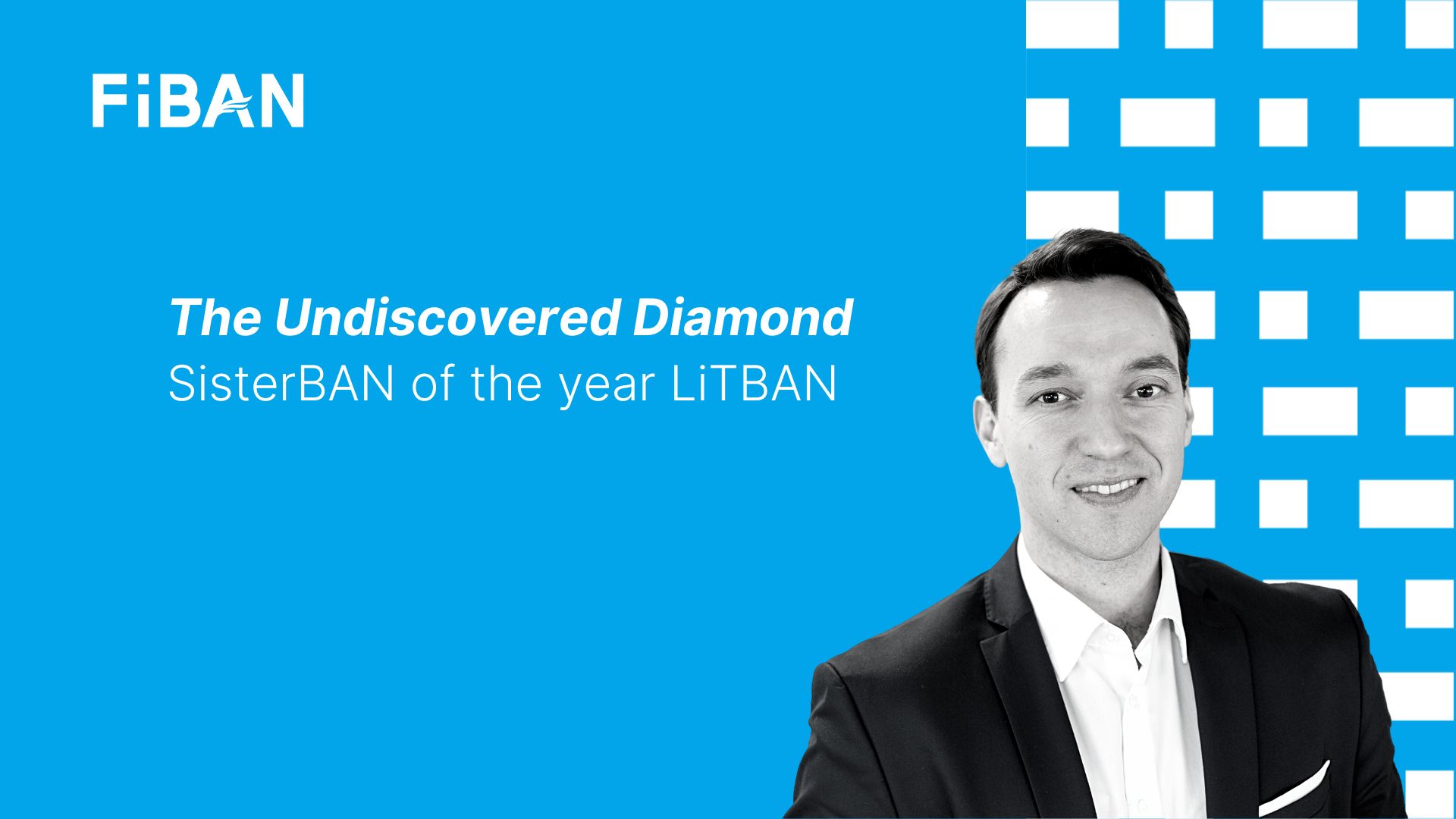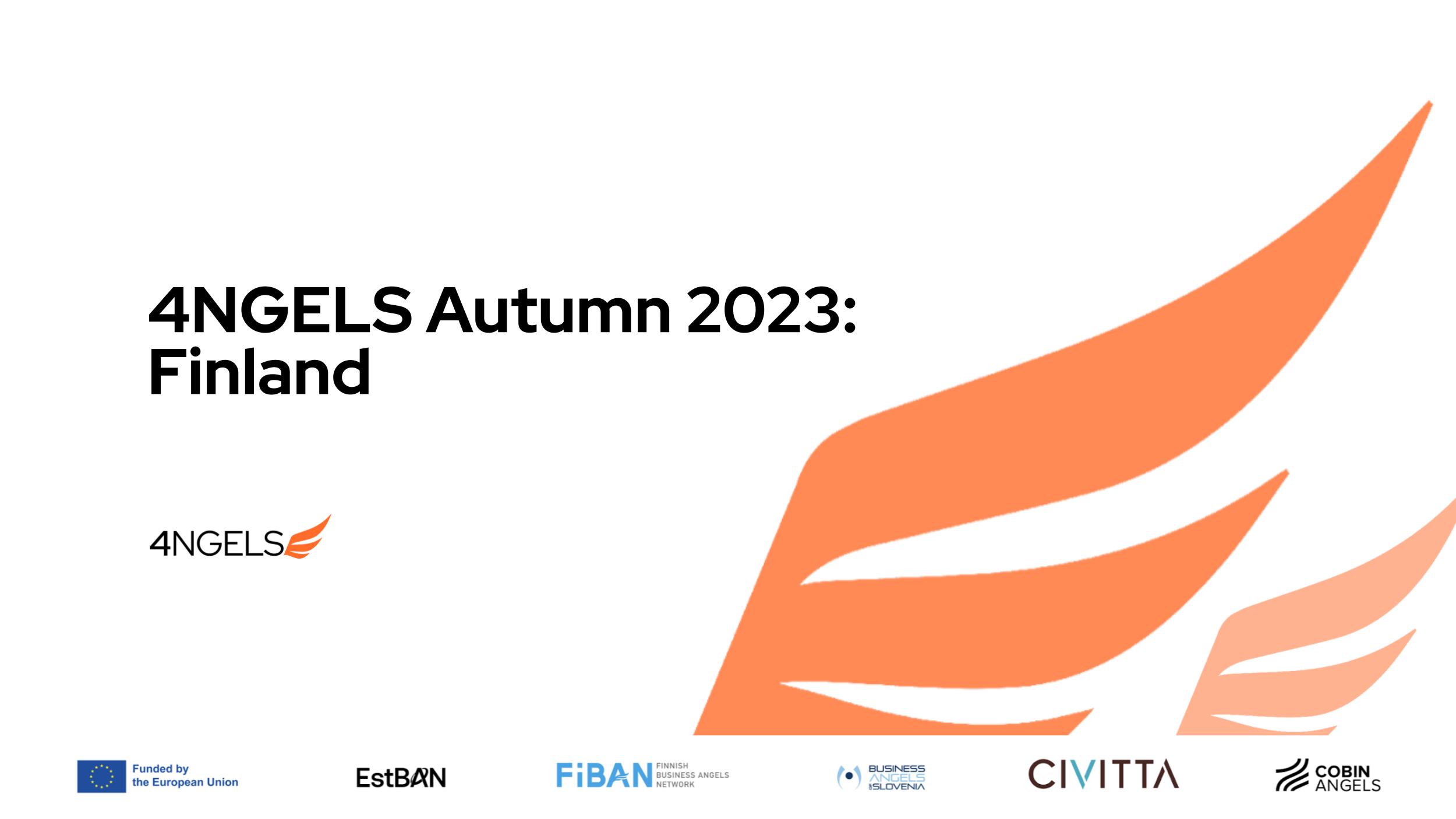
As LitBAN was founded in 2018, it marked a significant step for the Lithuanian startup ecosystem, but a lot has changed since then. The Lithuanian angel network has shown exceptional development in angel investing and developing the local startup ecosystem.
The word about the impressive network and Lithuanian investment opportunities has indeed spread, as 80% of LitBAN’s members come through referrals, says LitBAN’s Managing Director Justinas Pašys.
“Not so long ago we only had 40 members, and FiBAN had 600. Now we have gathered over 25 corporate and 325 angel members since 2018,” he describes.
At LitBAN, as in many angel organizations, training plays an essential role.
“In Lithuania, most startup investors originate from traditional industries, entrepreneurs owning companies in real estate, logistics or factories, law firm partners, or similar. It’s a very different landscape to invest in startups and software – things have evolved drastically. Business angel training plays an important role in this development,” Pašys says.
The feedback from startup founders has been great – business angel training has resulted in more professional business angels and more success stories.
“Business angels are getting better with every investment they do. LitBAN organizes training but also workshops, and we invest as a syndicate during these programs. Now 5 years have passed, and more and more people understand how startup investing works”, Pašys emphasizes.
Members of LitBAN mostly invest in early-stage startups at the pre-seed and seed stages. The angel network has become more and more well-known among startups alongside venture capital funds.
“Compared to 2018, the founding year, startups in Lithuania and Litban have evolved drastically. Before, startups went directly to VCs first, as they had strong brands. If rejected, they came to LitBAN. Now more and more startups apply directly to LitBAN, equally as they apply to VCs, and also before they go to VCs,” Pašys says.
Faster processes and capital efficiency attract investments
Pašys himself has a background in working with startups as well as global companies and has seen first-hand how startups from Lithuania can grow exponentially.
“Knowing personally how big startups can grow here, also shows how underfunded we are here. There’s a lot of potential. Many startups are either not getting funded, or they’re closing smaller rounds than they need. Approximately 90% of VC funding in Lithuanian startups comes from foreign capital as we still lack local VC capital. Typically, Series A is the latest stage Lithuanian VCs invest in,” Pašys says.
Pašys describes Fintech, Medtech/Life Sciences, AI, B2B SaaS, and platforms as the strongest industries in the Lithuanian startup scene and shares some of the Lithuanian startup secrets.
“In Fintech, we have expedited regulation, faster processes, and we are very capital efficient. People are very resourceful and now it can be seen in how the ecosystem has evolved albeit being underfunded. We also have many bootstrapped startups.”
“Valuations are smaller, even with the same metrics and same traction, and we have a lot of tech talent. Lithuania is an undiscovered diamond.”
– Justinas Pašys, Managing Director of LitBAN
But industries and regulations are not the only reasons why angels should pay attention to the Lithuanian startup ecosystem.
“Valuations are smaller, even with the same metrics and same traction, and we have a lot of tech talent. Lithuania is an undiscovered diamond. Finnish VC funds, such as Gorilla Capital, Superhero Capital, and Trind VC have also expanded their geofocus to include Lithuania, “Pašys says.
“The best way to explore is just to come to one of our bigger events and see what’s going on. It’s a small country and you can access the deal flow and angels through LitBAN,” he adds.
Stay tuned for new exciting cooperation with LitBAN! More information will follow.
Get familiar with Lithuanian startup events and join the Investor Camp 2023.
